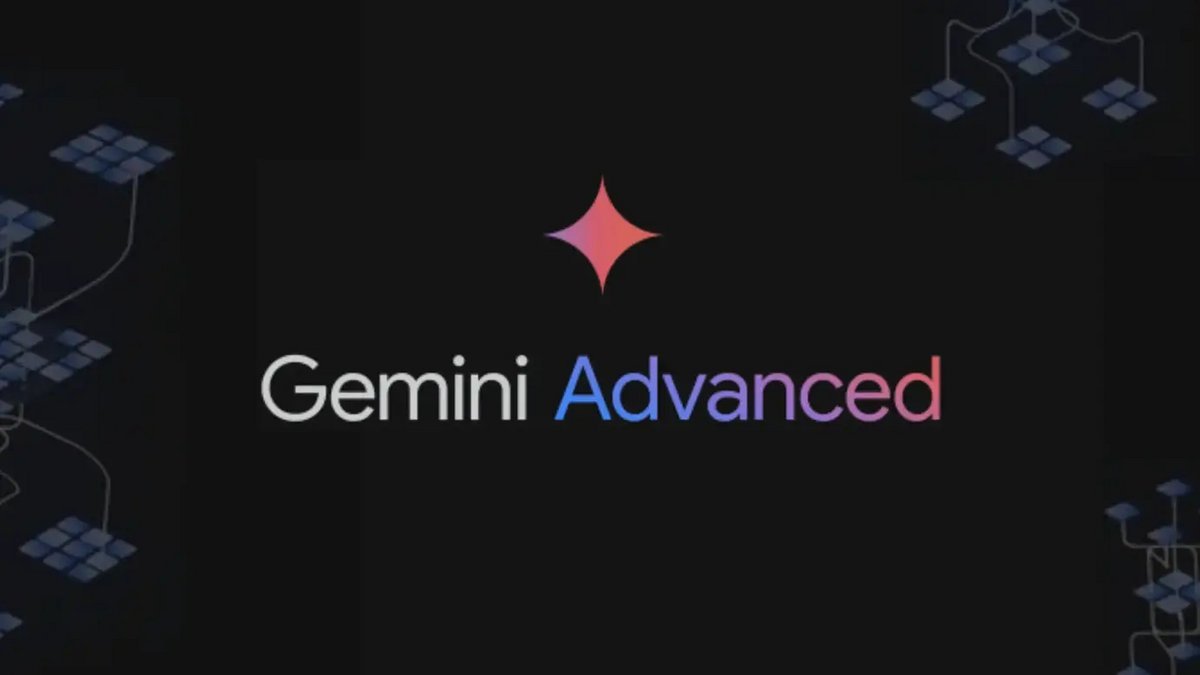Google is pushing the boundaries of search technology with its latest experiment, leveraging the capabilities of Gemini AI to enable video-based search. This innovative approach aims to enhance how users interact with search engines, providing more intuitive and dynamic ways to find information.
The Power of Gemini AI
Gemini AI is Google’s advanced generative AI model, part of the company’s broader efforts to integrate AI across its services. The latest version, Gemini 1.5 Pro, introduces significant enhancements, including the ability to process long contexts and multimodal inputs, such as text, audio, images, and video. This development means Gemini AI can now handle and analyze vast amounts of data, making it possible to search within videos efficiently.
How Video Search Works
The concept behind video search using Gemini AI is straightforward yet groundbreaking. Users can input a video clip into the search bar, and the AI will analyze the content to find relevant information. This capability is particularly beneficial for scenarios where visual context is crucial, such as identifying objects, scenes, or actions within a video.
For instance, a user might upload a video of a plant they wish to identify. Instead of describing the plant verbally or through text, the AI examines the video, matches the visual data with its extensive database, and returns the most relevant results. This method not only saves time but also enhances accuracy.
Applications and Benefits
The potential applications of video search are vast. In the field of education, students can upload video clips of scientific experiments and receive detailed explanations and related resources. In healthcare, doctors could use video footage of symptoms to find similar cases and possible diagnoses. Additionally, content creators and marketers can leverage this technology to optimize their video content for search engines, making it easier for audiences to discover their work.
Challenges and Considerations
Despite its promising potential, the integration of video search poses several challenges. One major concern is the computational power required to process and analyze video data in real time. Google’s infrastructure, particularly its AI hypercomputers and Vertex AI platform, plays a crucial role in addressing these demands by providing the necessary resources to support large-scale AI operations.
Privacy and security are also significant considerations. Analyzing user-uploaded videos involves handling potentially sensitive information. Google must ensure robust data protection measures to prevent misuse and protect user privacy. As the technology evolves, addressing these ethical and technical challenges will be paramount to its success and acceptance by the public.
Future Prospects
Google’s experimentation with video search is a testament to its commitment to advancing AI and search technologies. By continuously pushing the envelope, Google aims to create a more natural and intuitive search experience. As the technology matures, it is expected to become a standard feature in search engines, transforming how users interact with digital content.
Google’s foray into video search using Gemini AI marks a significant step forward in the evolution of search technology. With its ability to analyze and understand video content, Gemini AI opens up new possibilities for more interactive and accurate information retrieval. As Google continues to refine and expand this capability, the way we search for and engage with information is set to change dramatically.







